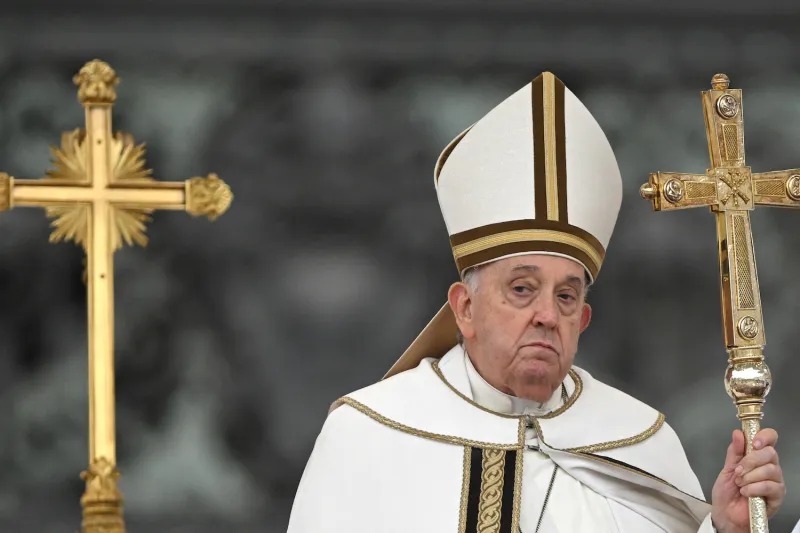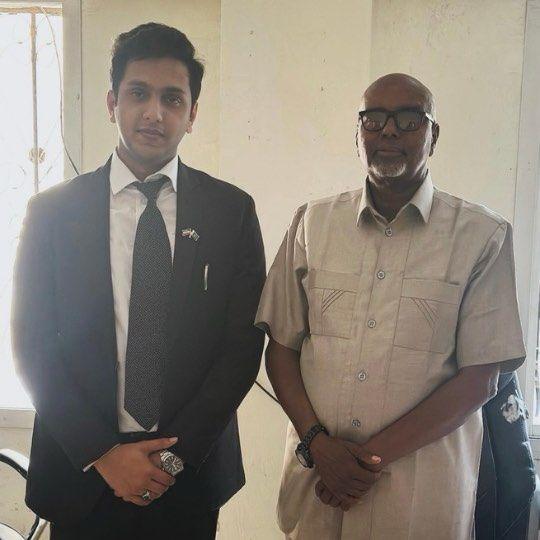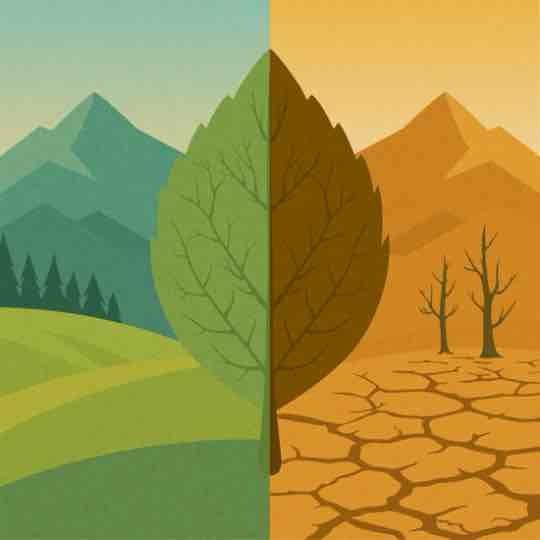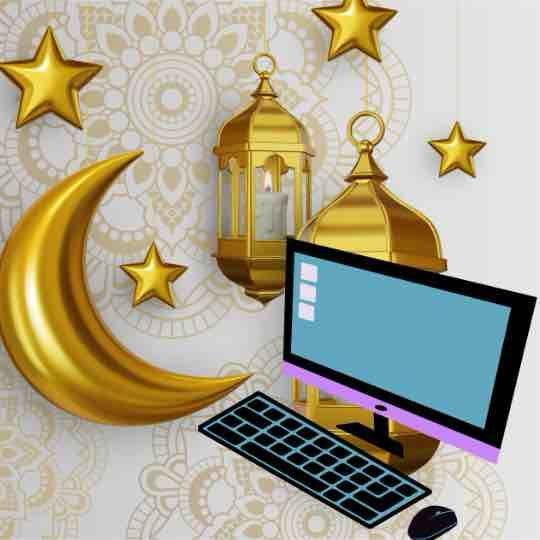Vatican City: The Pope, the spiritual leader of the world’s 1.3 billion Catholics, holds one of the most influential and enduring roles in global religion and diplomacy. But how is a new Pope chosen? And what changes could the next papal election bring to the Vatican?
Who is the Pope?
The Pope serves as the Bishop of Rome, the head of the Roman Catholic Church, and the sovereign of Vatican City. Considered the successor of Saint Peter, the first Pope appointed by Jesus Christ as per Christianity, the pontiff wields significant religious, moral, and political influence.
Key responsibilities include:
- Defining and upholding Catholic doctrine
- Leading global interfaith and diplomatic efforts
- Governing Vatican City and the Roman Curia (the Church’s central administration)
How is a New Pope Elected?
When a Pope dies or resigns—as Benedict XVI did in 2013, the first papal resignation in 600 years—the Church begins the ancient and secretive election process known as the conclave.
1. The Gathering of Cardinals
- Only cardinals under 80 years old (maximum 120) are eligible to vote.
- They are locked inside the Sistine Chapel, cut off from outside communication (“conclave” means “with a key”).
2. The Voting Process
- Voting occurs in multiple rounds, with each cardinal writing a name on a ballot.
- A two-thirds majority is required for election. If no consensus is reached after several rounds, the threshold may drop to a simple majority.
- Ballots are burned after each vote—black smoke means no decision; white smoke signals a new Pope.
3. The Announcement: “Habemus Papam!”
- Once elected, the Pope chooses his name (e.g., Francis, Benedict, John Paul) and is presented to the world from St. Peter’s Basilica.
What Changes Could the Next Pope Bring?
With Pope Francis (86) the oldest reigning pontiff in over a century, speculation grows about his successor and potential reforms. Key areas of possible change include:
1. A More Global Church
- The next conclave could see more cardinals from Africa, Asia, and Latin America, reflecting Catholicism’s shifting demographics.
- A non-European Pope (like Argentina’s Francis) may further decentralize Vatican power.
2. Greater Transparency & Financial Reform
- Pope Francis has pushed for cleaner Vatican finances amid past scandals. His successor may expand anti-corruption measures.
- Modernizing the Roman Curia to make Church governance more efficient.
3. Doctrinal Debates: Celibacy, Women, LGBTQ+ Issues
- Some cardinals advocate allowing married priests in remote regions facing clergy shortages.
- Discussions on expanding roles for women in Church leadership, possibly as deacons.
- While doctrine on marriage and sexuality remains firm, future Popes may emphasize pastoral outreach to LGBTQ+ Catholics.
4. Climate Change & Social Justice
- Following Francis’ Laudato Si’, the next Pope will likely continue advocating for environmental policies.
- Expect stronger Church stances on poverty, migration, and inequality.
A Pivotal Moment for the Catholic Church
The election of a Pope is not just a religious event but a geopolitical one, shaping the direction of the world’s largest Christian institution. As the Church faces internal debates and external challenges, the next conclave could determine whether the Vatican embraces reform or holds to tradition.





